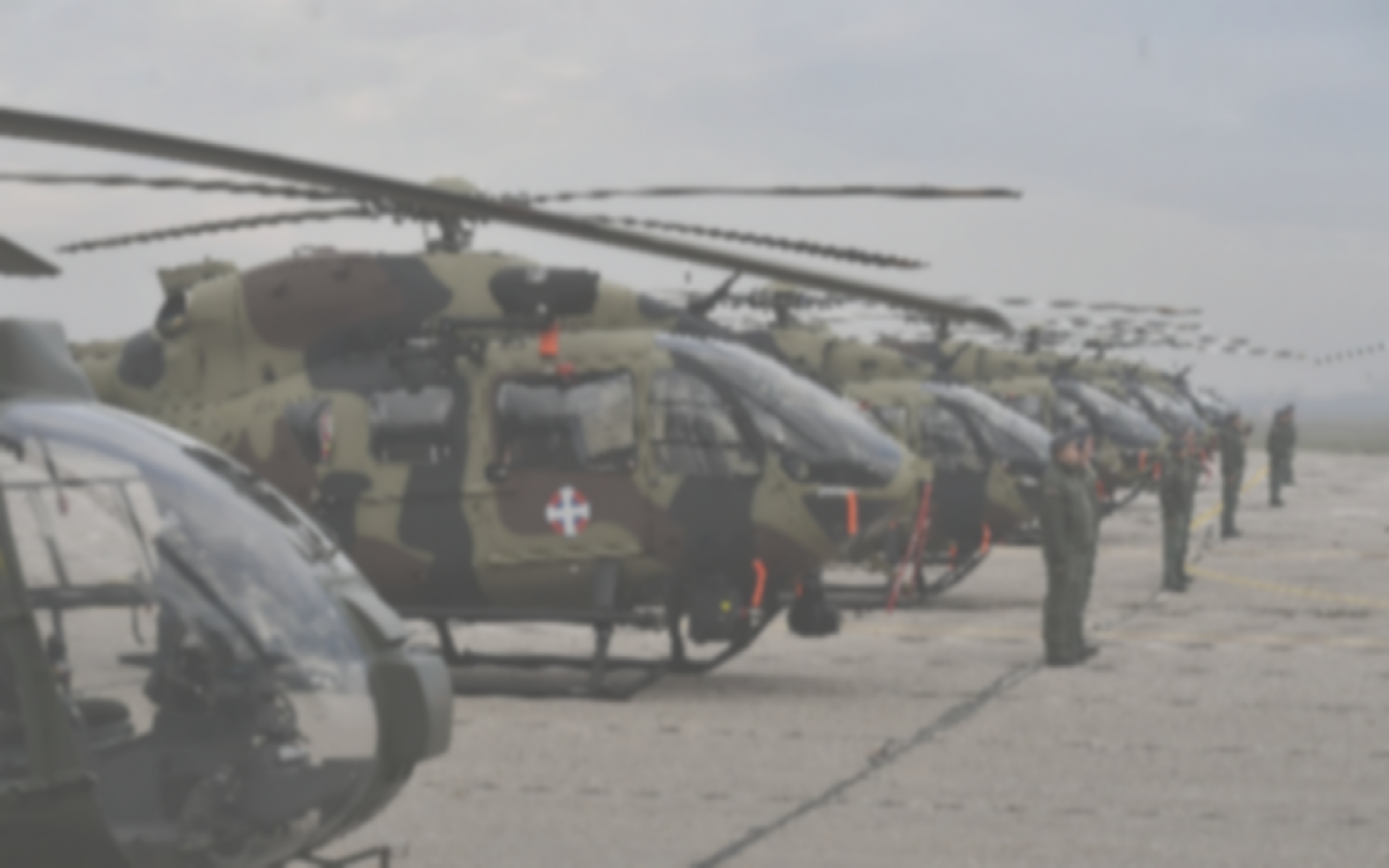Dog Handlers and Working Dogs in Explosives Detection Training Course
Monday, 29.7.2024 | Training
During the training, which ends in mid-September, professional soldiers are being trained as explosive detection dog handlers, and German and Belgian shepherds are being given appropriate training. Once they complete the training, the working dogs will be assigned to SAF units together with their handlers.
The commander of the Dog Training Centre, Colonel Zdenko Cvijetić, DVM, explains that the handlers are going through a training programme that includes both theory and practice, which teaches them to detect explosive devices as efficiently as possible using explosives detection dogs and the marking of explosives. The dog training course focuses on teaching the dogs to search for and detect explosive devices.
— Currently, the Dog Training Centre is delivering an explosives detection training course to working dogs and their handlers. The course is being attended by professional members of SAF’s Special Forces and dogs who have passed through all stages of pre-training at the Centre and who are continuing their training here. Once they complete the course, the handlers and dogs will be engaged on providing security support to VIPs and guarding facilities, weapons and military equipment — says Colonel Cvijetić and adds that there is no other school for dog trainers in our defence system.
Therefore, in addition to organizing these types of courses, the personnel at the Centre also select the best professional soldiers and send them to six-month training courses where they are trained as new dog trainers for the Serbian Armed Forces.
Corporal Dejan Veličković, a training instructor at the Dog Training Centre’s training company, explains that German and Belgian shepherds are the most suitable breeds of dogs for detecting explosives.
— Due to their natural traits and instincts, primarily the retrieving instinct, they are the best breeds currently used both in our country and throughout the world for this type of training — Corporal Veličković emphasizes.
The programme also includes dog socialization and their getting used to various conditions in which they will work and assist professional soldiers. Therefore, apart from the Dog Training Centre's training area, the training is also being carried out outside the barracks, in places where there is a heavier concentration of people, motor vehicles and other external influences.
This is one of the most complex and challenging forms of training delivered at the Centre. Effective dog training and dog handler courses improve the ability of the Serbian Armed Forces to protect individuals, as well as military facilities, weapons and equipment.






















